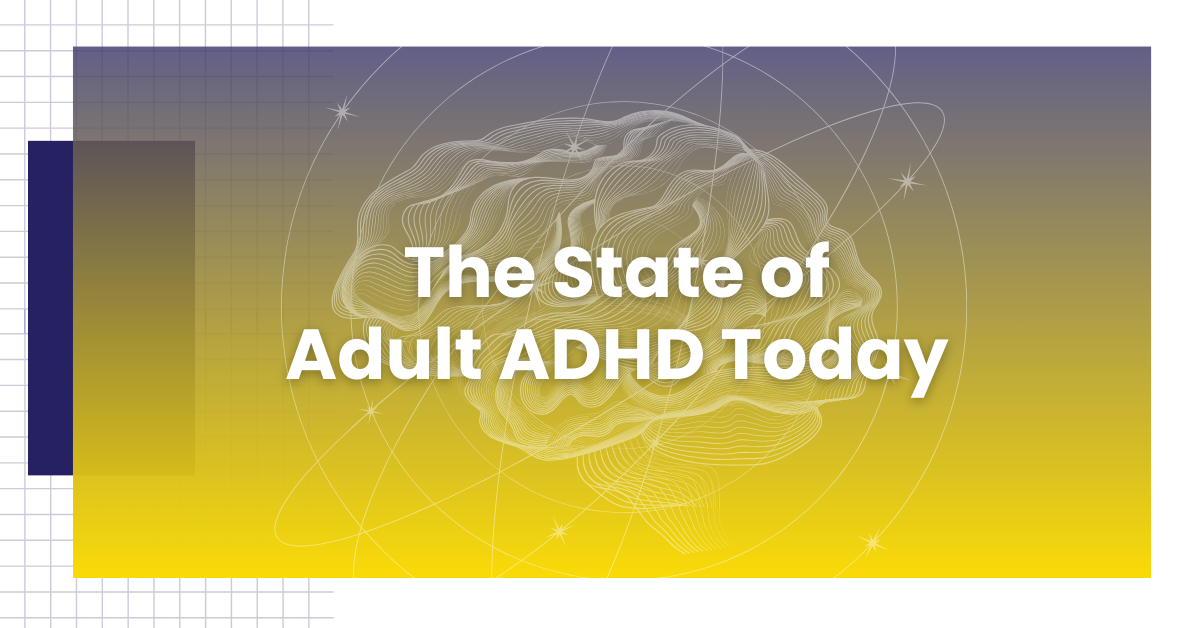Do Academic Attainment and Peer Relationships Mediate the Relationship Between ADHD and Depression in Adolescence?
Jessica Simmons, M.A.
Kevin Antshel, Ph.D.
Department of Psychology
ADHD Lifespan Treatment, Education and Research (ALTER) program
Syracuse University
Studies have found that nearly 25-30% of youth with ADHD meet criteria for depression, however the mechanisms behind this association are less understood. In work by Meinzer and colleagues1, two pathways explaining this association have been suggested. The first pathway suggests that the ADHD and depression comorbidity is based upon similar etiological variables which contribute to both disorders (e.g., complex interactions between contextual, genetic, biological, cognitive, and interpersonal variables). The second pathway posits that depression comorbidities are secondary to the associated functional impairments commonly reported in ADHD. For example, youth with ADHD will most likely experience a number of functional impairments which mediate the relationship between ADHD symptoms and depression.
Two areas of functional impairments that are widely studied in children with ADHD are their peer relationships and academic functioning. It has been well-established that youth with ADHD struggle with a host of social deficits. Specifically, research has shown that problems with inattention can limit opportunities to learn social skills through observational learning and attend to social cues needed to fit in with their peers. Likewise, hyperactive and impulsive behaviors may be interpreted as overbearing, annoying, and aggressive by peers. Additionally, research on academic problems among children with ADHD has shown that these youth tend to have difficulty attending to class content, often forget to record homework assignments, fail to turn-in classwork, and struggle with time management when completing long-term projects and studying for exams.
Recently, a longitudinal study by Powell and colleagues2 examined whether ADHD symptoms in children would predict late-adolescent onset of depressive symptoms, and also, if academic attainment and peer problems mediated this relationship. Data were collected from an ongoing prospective population-based study based in the UK. For the primary relationship between ADHD and depression, data from 2,950 individuals were analyzed. ADHD symptoms were collected when the children were 7.5 years old and depressive symptoms were collected at 17.5 years old. Results confirmed that childhood ADHD symptoms predicted later depressive symptoms. While there was not a significant interaction between ADHD symptoms and sex in predicting depression symptom scores, the relationship was slightly stronger in females than males.
Next, to assess whether academic attainment and peer problems mediated the relationship between childhood ADHD and adolescent depression, data from 2,161 individuals were analyzed. Academic attainment, measured using formal end-of-school-year evaluations, and mother-reported peer problems were both collected when the child was 16 years old. Analyses were adjusted for mother’s socioeconomic status (determined by occupation and maternal age at birth) and child’s sex to account for the potential of these variables confounding all three pathways tested in the mediation model. Results of the mediation model analyses indicated that both academic attainment and peer problems mediated the association of ADHD symptoms and depressive symptoms, explaining 12.5% and 14.7% of the association respectively. Notably, peer problems remained a mediator of this relationship even when one item in the peer problems measure, which assessed for bullying victimization, was removed, suggesting that children identified as bullying victims were not the only children with ADHD at risk for depressive symptoms.
The results of the Powell et al. study are important for understanding the association between ADHD and depression. For many years, the connection between ADHD and depression has been acknowledged, however, a lack of longitudinal and mediation studies have stifled our ability to identify causal mechanisms. Powell and colleagues’ study not only contributes to the ADHD literature by showing that academic attainment and peer problems in young people with ADHD contribute to the later development of depressive symptoms, but it also encourages us to individualize prevention techniques in our clinical work, and design longitudinal research studies to further expand our understanding of the relationship between ADHD and depression.
1Meizner, M. C., Pettit, J. W., & Viswesvaran, C. (2014). The co-occurrence of attention-deficit/hyperactivity disorder and unipolar depression in children and adolescents: A meta-analytic review. Clinical Psychology Review, 34, 595-607. doi: 10.1016/j.cpr.2014.10.002
2 Powell, V., Riglin, L., Hammerton, G., Eyre, O., Martin, J., Anney, R., … & Rice R. (2020). What explains the link between childhood ADHD and adolescent depression? Investigating the role of peer relationships and academic attainment. European Child & Adolescent Psychiatry. https://doi-org.libezproxy2.syr.edu/10.1007/s00787-019-01463-w

